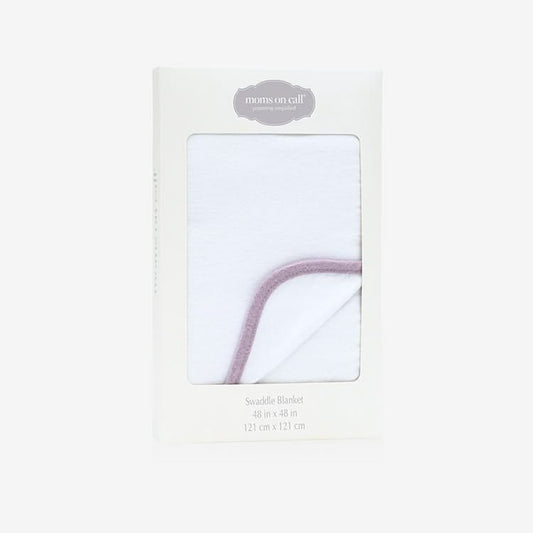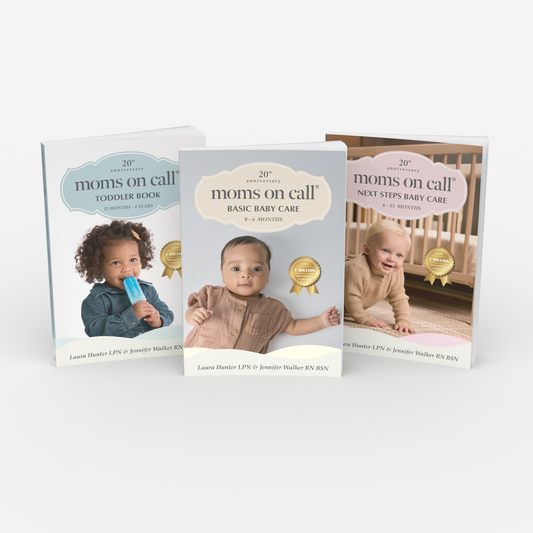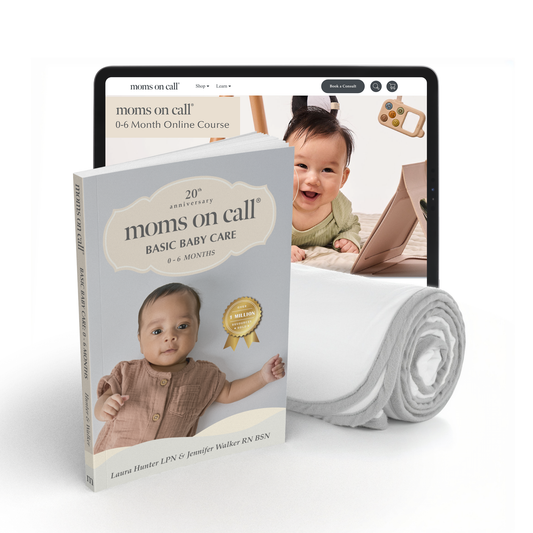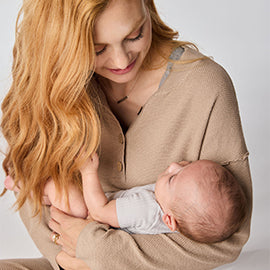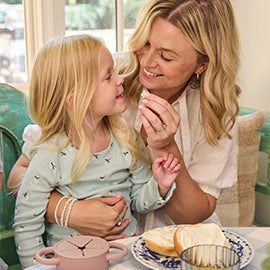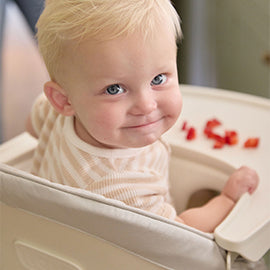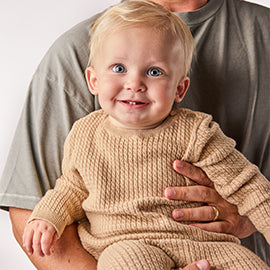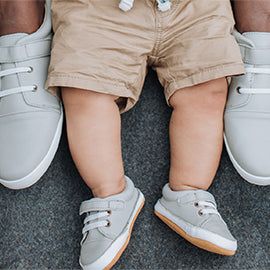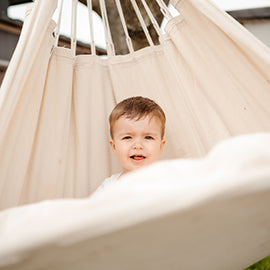Spitting up is a normal parental worry. Many babies experience their stomach contents coming back up into the esophagus (a muscle that connects your mouth to your stomach), known as reflux. To help us understand why babies spit up, we are going to talk about the anatomy of babies.

The muscle that sits at the end of the esophagus and on top of the stomach, it tightens when we eat to hold everything down in the stomach where it belongs. This muscle is called the lower esophageal sphincter (LES). For babies this muscle doesn’t fully mature until at least four months of age. This muscle sometimes stays open, since it is not fully developed and it can be like an open hose. So if it is open, the breastmilk or formula that is in the stomach comes up through the esophagus and out the mouth. This means spit up is normal in babies. If your baby is healthy, happy, and gaining weight, they are what we call a happy spitter.
When it comes to spitting up, keep in mind that it's easy to overestimate the amount based on the size of a spit-up stain. Below is a photo to give you an idea of spit up amount. If it was to be too much spit up then baby would be very slow to gaining weight or not gaining weight.

Next, let’s discuss the difference between spitting up and vomiting.
- Spitting up is an easy flow that dribbles out of their mouth.
-
Vomiting is a forceful flow that shoots out inches.
- If your baby is vomiting, please contact their pediatrician.
When does spitting up begin to get better?
- Typically, around 7 months old, because their esophageal sphincter has matured, which hold their stomach contents in their tummy.
- Plus around this age, they have developed great tummy muscles and begin sitting up (not spitting up).
- An extra tip: if your baby is sitting up then it is time to lower the crib mattress.
You know your baby best. If you feel like something isn’t right, please contact your pediatrician. For our unhappy spitters, these are the ones that generally get on medication for reflux. Check out my blog, Reflux, to learn more about the causes, symptoms and relief measures for babies who have reflux.
If you want to find out some ways to help reduce spit up check out my blog, Bottle Feeding Tips and Tricks. These are tips that help reduce the amount of air your baby takes in at feedings, which can help reduce the amount of spit up.
Do you have questions regarding reflux, breastfeeding, bottle feeding, gassiness, or anything baby or toddler related? Book a personalized consult with me through FaceTime, In-Home, or Email! Check out my website for more information.

